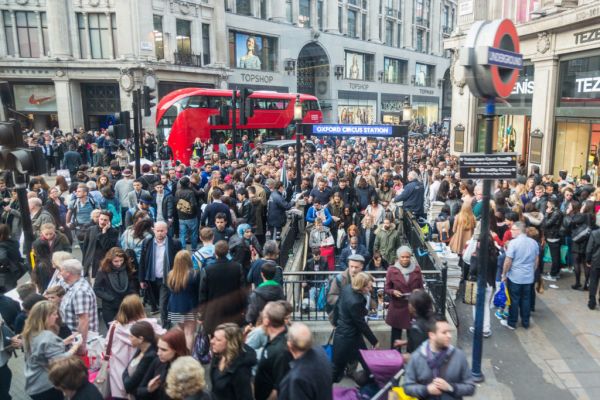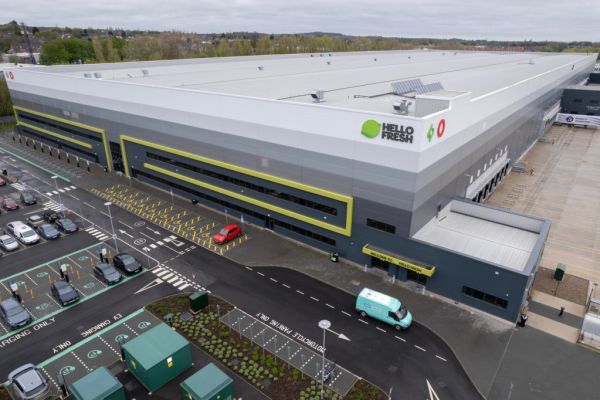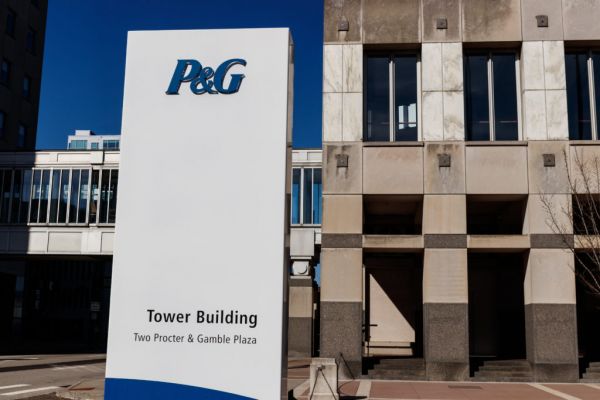U.K. inflation accelerated to the fastest pace in more than two years in December as the pound’s decline drove a surge in import costs.
As Brexit uncertainty hung over the U.K. currency, consumer-price growth increased to 1.6 percent from 1.2 percent in November, a bigger jump than economists had forecast. Although the pound is still down 17 percent since the June vote to leave the European Union, it rose on Tuesday after Prime Minister Theresa May said Parliament will get a vote on the final deal to pull Britain out of the bloc’s single market.
The pass-through to prices of sterling’s drop is proving to be the main economic fallout from Brexit so far. The Bank of England sees the inflation rate pushing close to 3 percent this year, far exceeding the 2 percent target. Governor Mark Carney warned on Monday that rapidly accelerating inflation will put the brakes on consumer spending this year.
“This is very much the thin end of the wedge and there is plenty more upside to come over the coming months,” said Alan Clarke, an economist at Scotiabank.
The economy has grown solidly since the June referendum on EU membership, and the International Monetary Fund raised its 2017 GDP forecast for the U.K. this week. But the pound’s weakness is affecting everything from groceries to technology, with food-price declines easing and Apple Inc. announcing plans to raise App Store prices in the U.K. as much as 25 percent.
As the BOE assesses the outlook, it says the next move in interest rates could either be a tightening or a loosening. It cut the benchmark rate in August after the vote to leave the EU, lowering it to a record-low 0.25 percent.
Even Keel
He said on Monday that Brexit means the U.K. will “redefine its openness to the movement of goods, services, people and capital” in the coming years. Carney said policy makers will keep things on an even keel “whatever transpires.”
One issue the BOE may face is that its capacity to provide monetary support in case of a dramatic fallout could be limited by accelerating inflation. The U.K.’s core rate of price growth -- excluding volatile food and energy -- picked up to 1.6 percent in December, the fastest since August 2014. The cost of imports rose 16.9 percent year-on-year in December, the most since July 2011.
The improvement in the near-term growth picture hasn’t fully washed away question marks over the longer term during the Brexit process. With such uncertainty, the median forecast of economists surveyed by Bloomberg this month is for no change to the BOE’s benchmark rate for at least another two years.
John Wraith, head of U.K. Macro Rates Strategy and Economics at UBS, says while inflation could reach 3 percent by the third quarter of 2017 and hold around there for a year, that “does not in itself represent an absolute barrier to further MPC easing if growth and inflation expectations merit it.”
“Weaker activity will become a more pressing concern than accelerating inflation,” he said. Cooler growth “will sow the seeds of diminishing domestically generated inflation pressures once the temporary effects of a weaker pound and higher import prices dissipate.”
News by Bloomberg, edited by ESM. To subscribe to ESM: The European Supermarket Magazine, click here.














